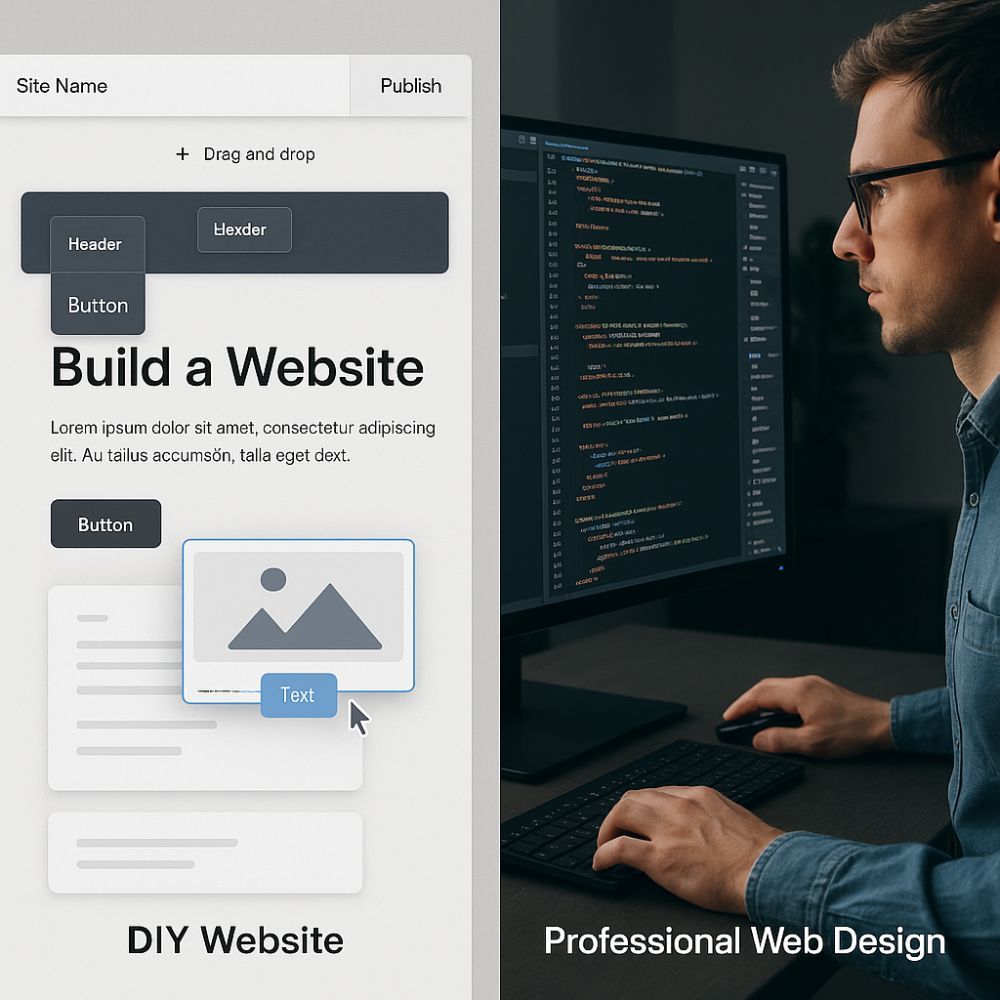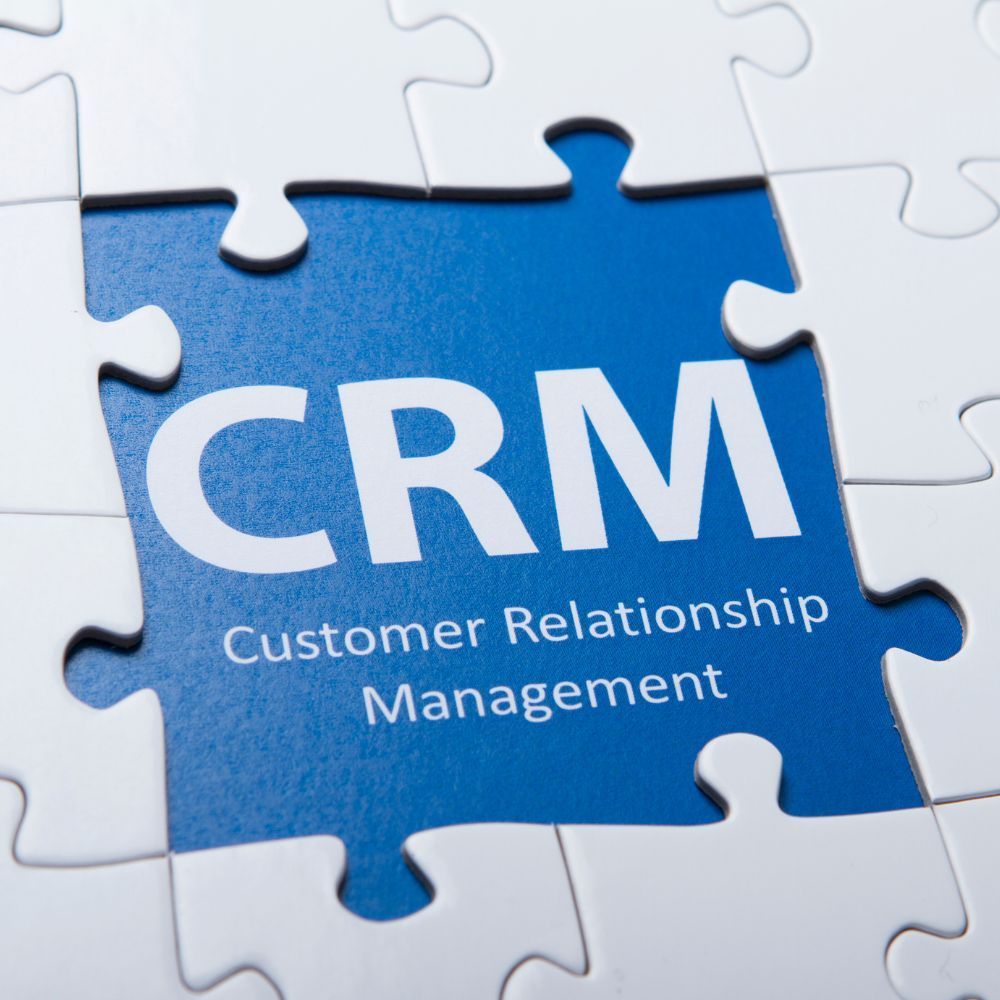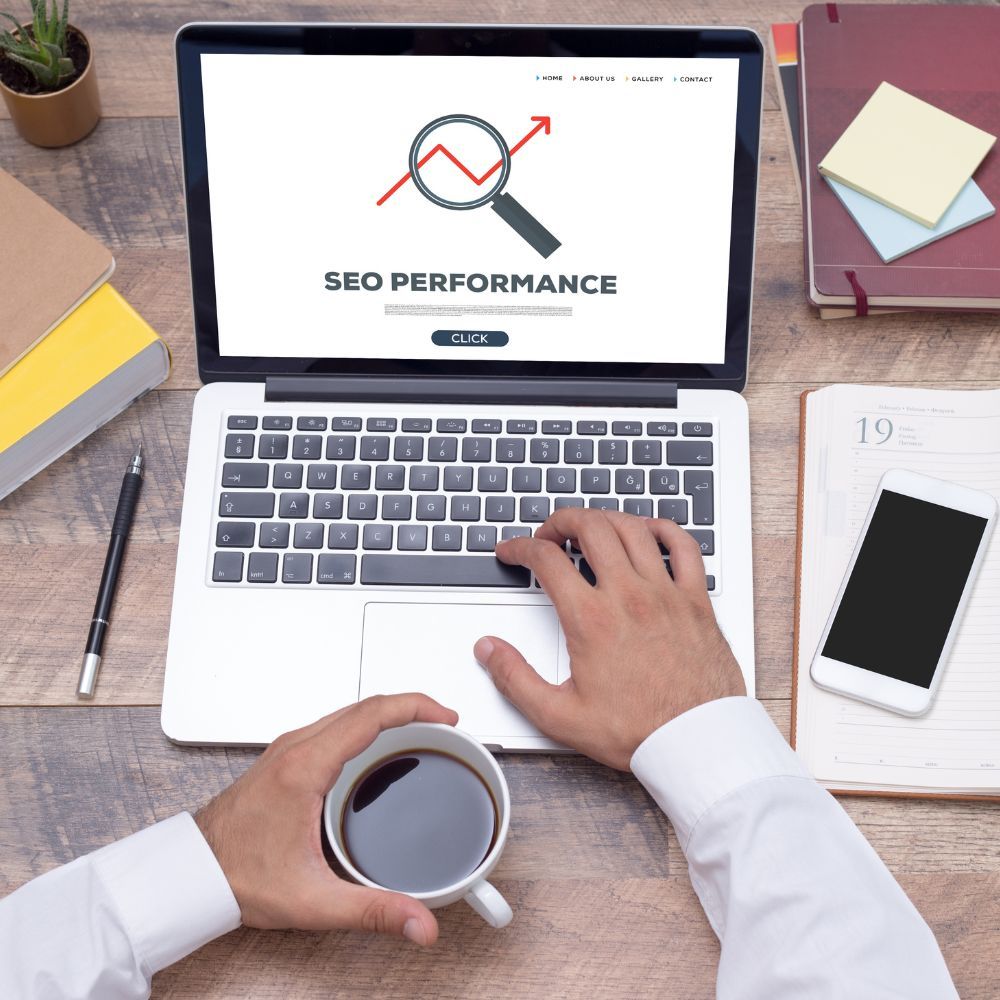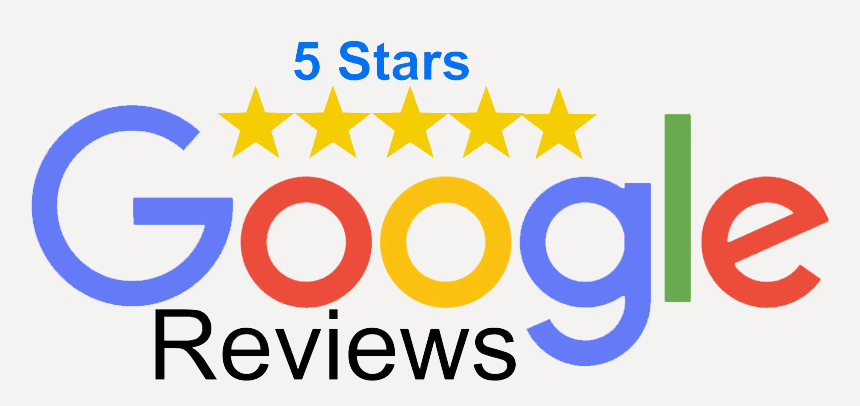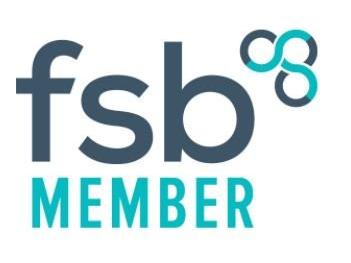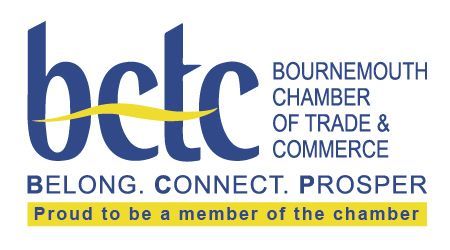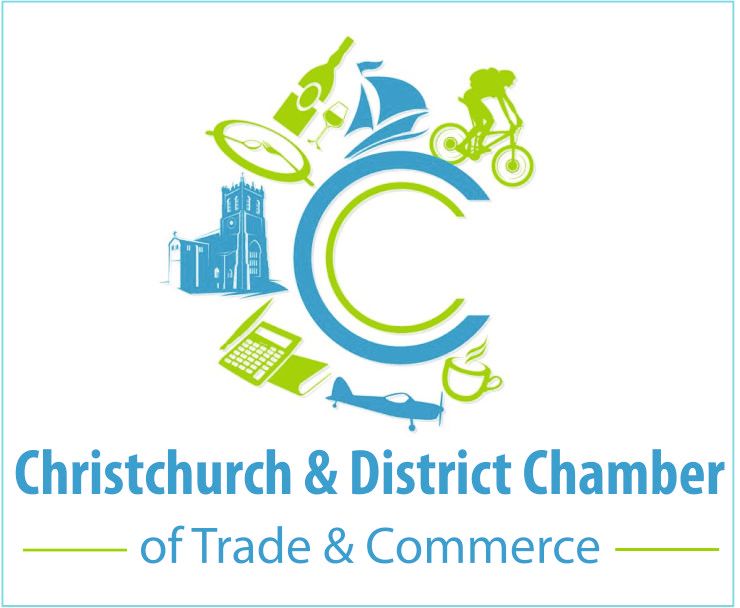Why You Shouldn't Pay For Your Website
Jon Richardson • November 29, 2020
WaaS - The Future of Websites!

How many of you reading this Blog have had building work done on your home? And how many of you paid upfront in full for that work on the promise that the end result would be in line with your expectations?
I am assuming not many of you if any at all?
But that is what the accepted protocol for websites with the majority of companies paying hundreds or thousands of pounds upfront for a website hoping that what will be delivered will be what was sold to you.
However, there is a saying that when you are promised the Earth don’t be surprised if a pile of dirt is delivered.
It is strange that in this modern day and age this practice is still the accepted norm especially when we look at all of the other aspects of our lives and businesses today. Software as a Service (SaaS) has been with us for over ten years and firmly adopted throughout our personal and professional lives, Xero, Quikbooks, Office 365. We can even subscribe to IaaS (Infrastructure as a Service) rather than spending thousands of pounds on servers and switches you can pay a simple monthly fee. In our personal lives we subscribe to Netflix, Amazon Prime, Spotify, Xbox Game Pass etc etc. So why not your website?
Website design is one of the key industries that is driven by innovation. Yet it still clings to a legacy commercial model and one that places all the risk on to the customer.
What do you do if after spending thousands of pounds, you take ownership of a website that doesn’t fulfil its main function, or is slow, or just isn’t what was promised? Yes, you can ask for your money back, good luck with that, or you can take legal action but that takes time and more money. Or you can just accept it and hope for the best!
There are a few of common reasons I hear from prospective customers who want to adopt this antiquated model rather than paying for an all-inclusive Website as a Service (WaaS) offering. Typically these are:
1. I don’t want any ongoing costs.
2. It is cheaper in the long run.
3. I will lose my website if I cancel the subscription.
Let’s examine those reasons in more detail:
I don’t want any ongoing costs
Sorry to disappoint you here but websites will always have ongoing costs. It must be hosted somewhere in the Cloud, there are costs associated with this which can range from £10 to £50 per month upwards depending on your requirements and service level agreement. At the lower end you will be sharing your bandwidth with many other websites and this will have an impact on the speed of your website. This in turn will have an impact on your conversion rate. Visitors are likely to close a window if it does not load with a few seconds. How patient are you when you’re waiting for a website to load?
Support. It may sound obvious, but websites are built using software. Software occasionally goes wrong. What happens when it does go wrong, can you fix it? If not, you need to pay someone to do so. The most efficient way of doing this is having a support contract. This can amount be hundreds of pounds a year. A good rule of thumb would be around 25-35% of the build cost.
Changes to your website. Does your business operate exactly as did just two years ago? Do you sell exactly the same products and services? Have your operating procedures and marketing activities stayed the same? I would guess not.
Your website must change to reflect the changes to your business to stay current. How easy is it to make changes to your website? Are you able to make them yourself or do you need to hire someone to do this for you? If so, what was the cost? A junior web designer will charge around £25-30 per hour. More experienced web designers can charge up to £100 per hour.
All of these costs add up and more importantly they are not all forecastable. There will generally be an annual rise in the cost of hosting and support contracts. Changes to your website can take significant amounts of time and incur significant costs.
It is cheaper in the long run!
To understand the veracity of this statement we need to look at the lifecycle of your website:
Technology evolves constantly, sometimes at breakneck speed. If your site was built 3 or more years ago the chances are that it is built on old technology. Apart from not benefiting from the latest developments, such as Artificial Intelligence, that allows you to convert more visitors in to customers your site will be starting to slow down, The interfaces with other technology platforms may not be working as they should and your site may be susceptible to hackers and cyber-attacks. At best it probably just will not be consistent with your business and branding.
Find out more about Websites with Artificial Intelligence
Because of all of this, best practice states that you should have a major overhaul of, or replace your website every two to three years.
Let’s say you have spent £1000 building your website. Over the next two years you will probably spent an additional £250-500 or so on hosting and another £600 on support. In addition to that, there are many changes that need to be factored in. Over the course of two years these can run into many hundreds or even thousands of pounds. So the true cost of your website can be 2 or 3 times its original build cost.
I will lose my website if I cancel!
Hopefully, you now understand that a website should be replaced every couple of years regardless. Should you decide to move away from a subscription model there is no reason why you can’t take the images and text to your new provider.
The Future of Websites
There is a move within the industry to move to a Website as a Service model. This has significant benefits for businesses. Firstly, there is less risk. Secondly, it easier to forecast and budget the costs. Finally, the cost tends to be much cheaper and more transparent.
At Overt Digital Media we have firmly adopted the Website as a Service model as we believe it is best for our clients. We provide both websites and mobile apps for a simple all-inclusive monthly fee which includes:
• Hosting
• Technical Support
• Marketing advice and assistance
• Ongoing Changes
If you would like to understand more about the benefits and investigate whether this is the right model for your business then please get in touch and we will be more than happy to have an informal chat without expectation or obligation.




